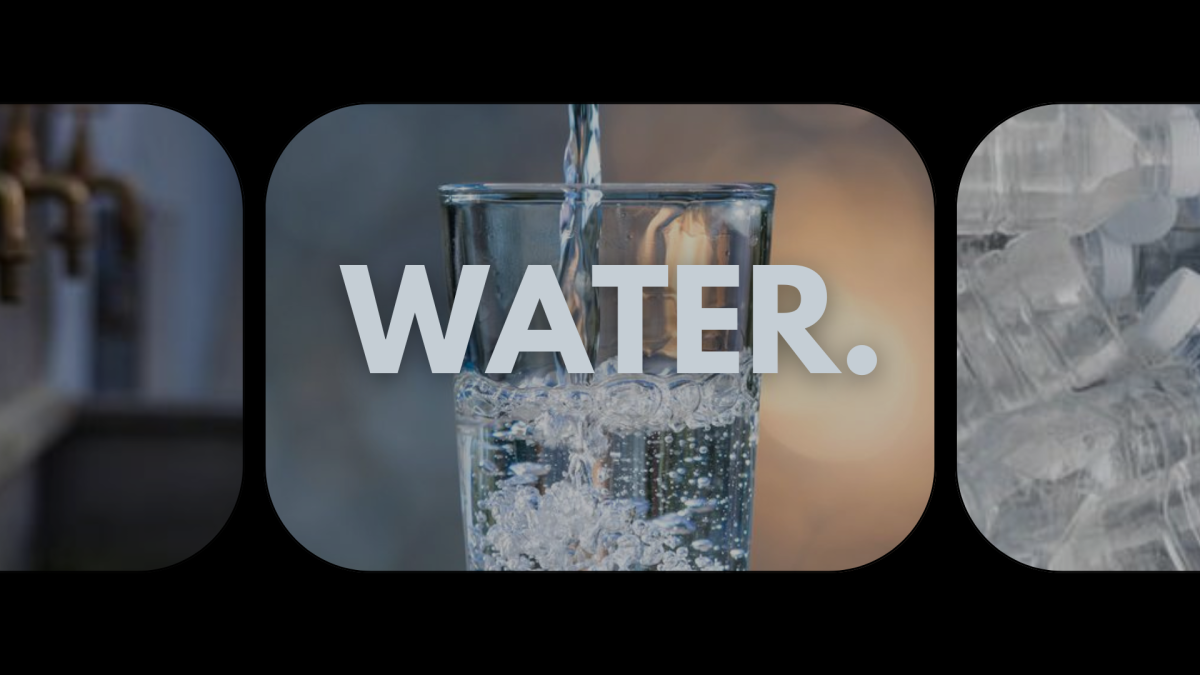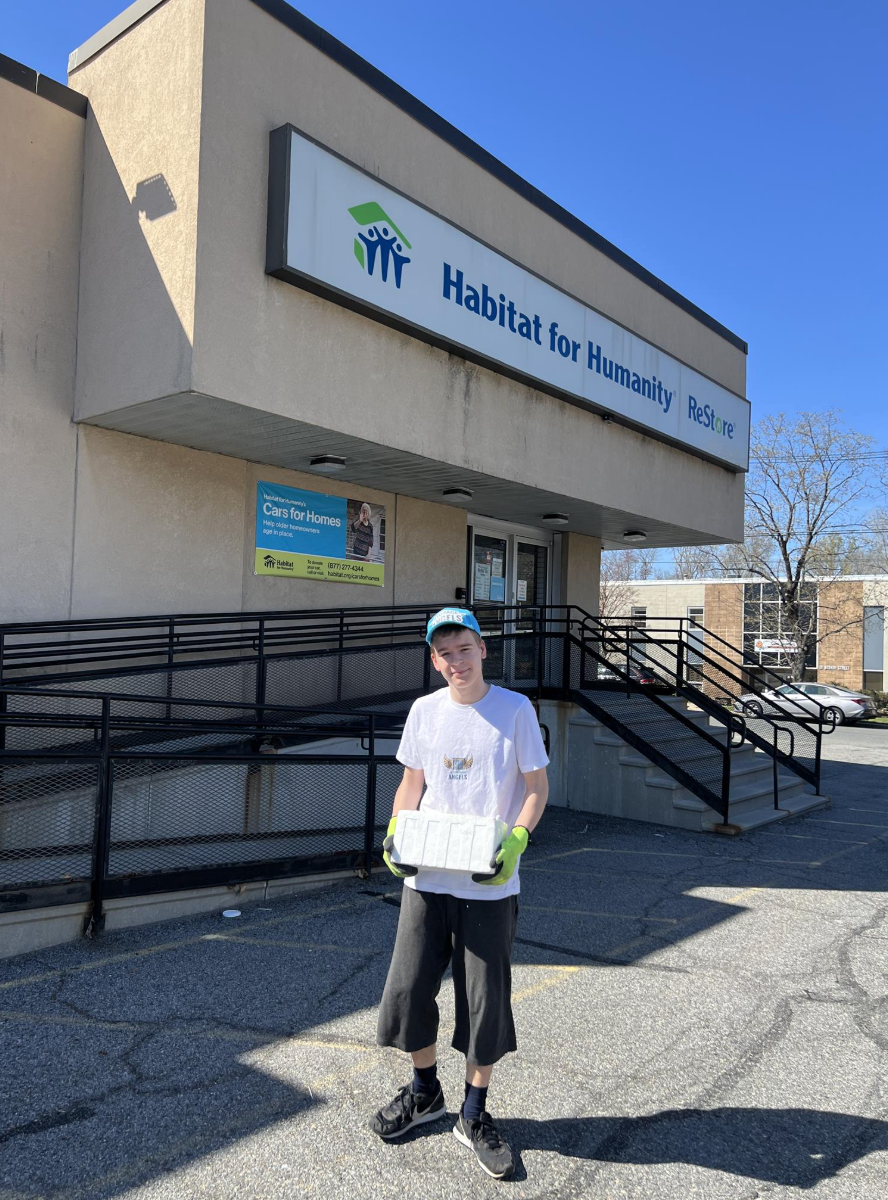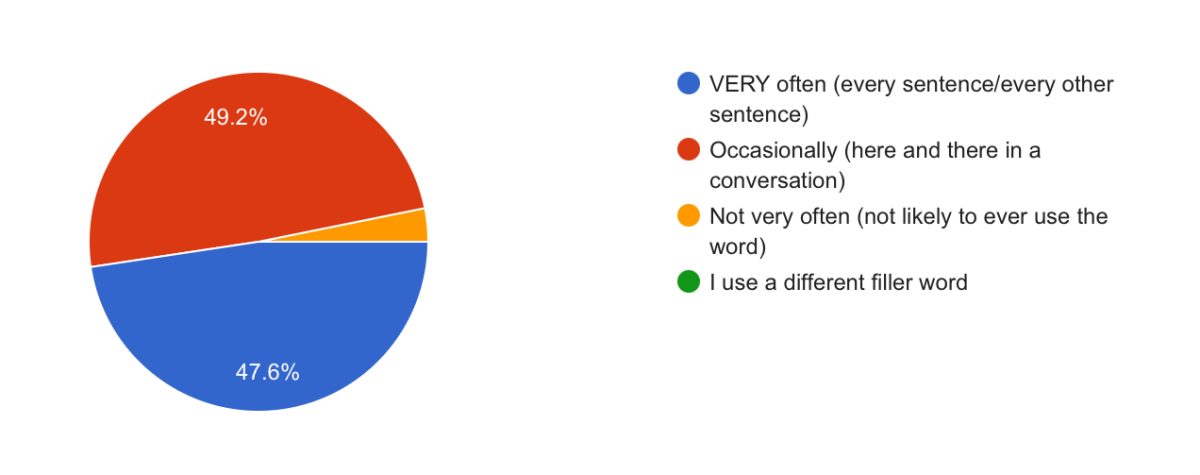From water towers to our taps, clean water access is crucial to people across the world, including BCA students. However, accessing clean drinking water is not always a given, as contamination has harmed water supplies across the world, notably in Bergen County.
The main concern for some Bergen County residents is the levels of lead and PFAS, or Polyfluoroalkyl Substances in local tap water. According to the New Jersey Department of Health (DOH), PFAS are manmade chemicals used in the industrial manufacturing of goods like non-stick cookware and food packaging materials. The DOH explains that “PFAS can enter drinking water
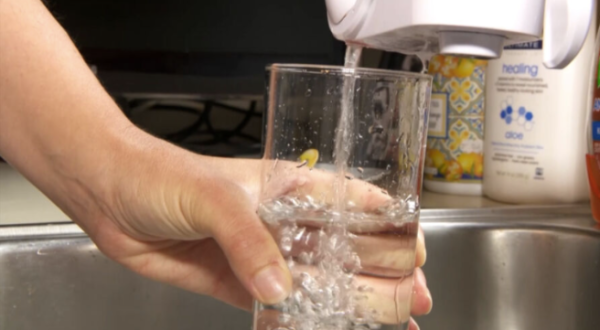
through industrial release to water, air, or soil” and since they do not break down in the environment, these chemicals stay in water supplies for generations, earning them the name “forever chemicals.”
Long-term exposure to PFAS has also been linked to health issues such as kidney cancer, high cholesterol, ulcerative colitis, and more, making this an incredibly pressing issue for impacted communities.
The Academy Chronicle surveyed BCA students to understand their experiences with water quality and found that students’ experiences vary greatly based on where in Bergen County they’re from. Over 64% of BCA students reported that they don’t drink tap water on a regular basis. Most students mention that their households have separate filtered taps, large refillable jugs, or use plastic water bottles.
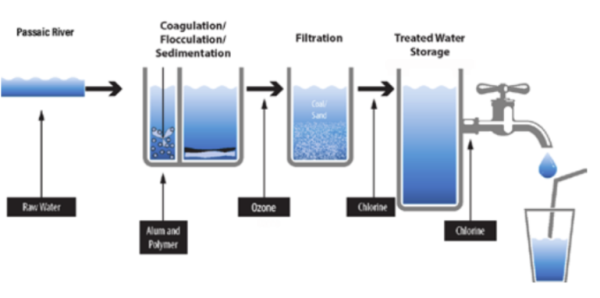
However, over 61% of students believe that their water is safe to drink. ATCS sophomore Joshua explained that he feels safe drinking tap water in his town of Fair Lawn, which is serviced by the Passaic Valley Water Commission and Suez Water.
Joshua explained, “I drink tap water […] it’s convenient, you eventually get used to it, it tastes nice, and it’s easy to get.”
However, for students in other towns, the thought of drinking water directly from the tap seems unfathomable. AAST sophomore Elizabeth explained that in her hometown of Wyckoff, tap water is “virtually undrinkable because of all of the toxins.” Wyckoff is one of four towns serviced by Ridgewood Water Company, which has received many flags and violations for high levels of PFAS and other chemicals.
In 2023, the Environmental Protection Agency found that Ridgewood Water had rates of PFOA (perfluorooctanoic acid), a type of PFAS, at 29.8 parts per trillion, far exceeding the New Jersey state limit of 14 PPT and the federal limit of 9.8 PPT.
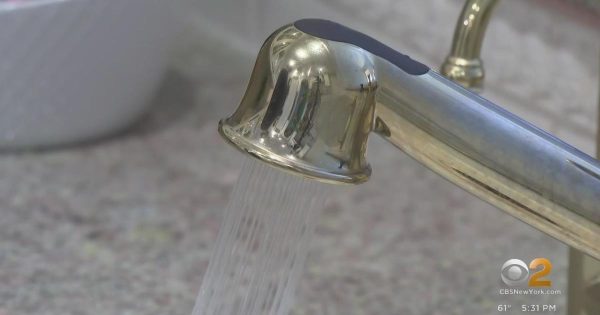
In an official statement, Ridgewood Water noted their dangerous levels of PFOA and other chemicals, also explaining that “People who drink water containing PFOA in excess […] could experience problems with their blood serum cholesterol levels, liver, kidney, immune system” and more.
In addition to Wyckoff, Ridgewood Water also services 62,000 residents across the Bergen County towns of Glen Rock, Midland Park, and of course, Ridgewood. Ridgewood resident and sophomore Chloe had this to say: “The water’s horrible in Ridgewood! I used to live in the Pittsburgh area, where we could drink water straight from the tap. When I moved to Ridgewood and found out about the lead and chemical levels, my family was shocked.”
Due to the impacts of contamination on many local families, many would expect local pushes for action and reform. However, as Elizabeth explained, for much of her life, little had been done. “Every year, people running for town council promise to do something about it, but for many years, nothing has changed.”
Chloe attributes this inaction to the privilege of many families in impacted towns. “A lot of people don’t care in Ridgewood, because they can afford to get water filters and water treatment within their houses. However, others who are less fortunate don’t have that opportunity.”

Recently, for many residents, things may be looking up. Congressional Representative and Wyckoff resident Josh Gotthimer reports that after lobbying and working with local leaders, he was able to secure $2.8 million dollars to help create a new water treatment facility, known as Ridgewood Water’s Ravine Treatment Plan.
The Congressman also reports that Ridgewood Water has been working to fight back against polluters by removing contaminated wells from their system and installing filters in their treatment facilities. While this is an important first step, there is still a lot of work to be done to ensure clean water access for everyone.
From enacting stricter regulations for manufacturers of PFAS chemicals to ensuring communities without the resources to pay for home water filtration systems are ensured clean water, government representatives must continue to work with local communities to create positive change.
To learn more about this cause and how you can get involved, please visit Clean Water Action New Jeresy, and read more in the links below.
Learn More:
- Ridgewood Water breaks ground on water treatment facility (news12.com)
- ‘Forever’ Chemicals Found In Ridgewood Drinking Water System: Report | Ridgewood, NJ Patch
- docx (nj.gov)
- Ridgewood residents concerned, angry after water company reports system exceeds state levels of chemicals linked to cancer – CBS New York (cbsnews.com)
- EPA finds more toxic chemicals in NJ water | NJ Spotlight News
- RELEASE: Gottheimer Helps Break Ground on New North Jersey Water Treatment Facility — Made Possible by $2.8M Federal Investment Clawed Back to Jersey – Josh Gottheimer (house.gov)
- Water treatment facility breaks ground in Ridgewood | ROI-NJ

